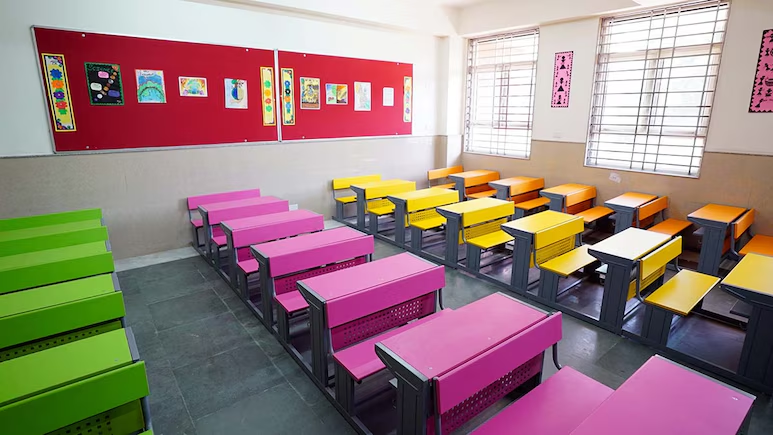
The Right To Education (RTE) Forum in a statement released on Thursday has welcomed the proposed “increase public investment in education” and the “universalization of school education” in the National Education Policy (NEP). However, the activists' group has raised concerns about the lack of legal backing to achieve this as the NEP allegedly downplays the importance of the Right to Free and Compulsory Education (RTE) Act passed in 2009.
The Union Cabinet, on Wednesday, approved the NEP 2020 which proposes sweeping changes to the educational structure in the country. The previous education policy was framed in 1986, and modified in 1992.
The RTE Forum has said that, although the draft talks about the universalisation of education, the final draft fails to make pre-primary and secondary education a legal right as it fails to link it with the RTE Act.
RTE Forum, in the statement, said:“The final policy talks about the universalisation of school education from 3-18 years, without making it a legal right. Hence there is no mandatory mechanism for the union and state governments to make it a reality. Without the RTE Act, universalisation will be very difficult.”
“There are significant drop-outs after elementary levels, especially among girls. The RTE Act is the highest stage reached in the evolution of education policy in India and it confers a legal right, while a policy document doesn't confer such rights,” the forum added.
The forum was also critical of the vocational education programmes proposed in the NEP draft. “The policy mentions that vocational training of students will begin from Class 6. This can have an adverse impact as it will push children into the labour market, and their education will be discontinued.”
The forum was also critical of the government's alleged push to “commercialise education” which will cause “the existing inequalities to be exacerbated”. It that the policy is “laying the roadmap for entry of private players in education” in “the name of philanthropic schools and public-private partnerships”
The forum also advocates the introduction of Common School System (CSS) for universalization of school education as recommended in the earlier iterations of the NEP in 1968 and 1986.
Ambarish Rai, National Convenor of RTE Forum, said. “The only way to remove the discrimination in the school education system is to introduce a Common School System (CSS) in the country which will ensure uniform quality of education to all the children in the country,”
RTE Forum, meanwhile, has appreciated the creation of the Gender Inclusion Fund to promote and strengthen girl's participation and completion of school education. It has also praised the emphasis on conceptual understanding rather than on rote learning, creativity and critical thinking will be encouraged.
RTE Forum is a group of academics, activists and NGOs working on education.
